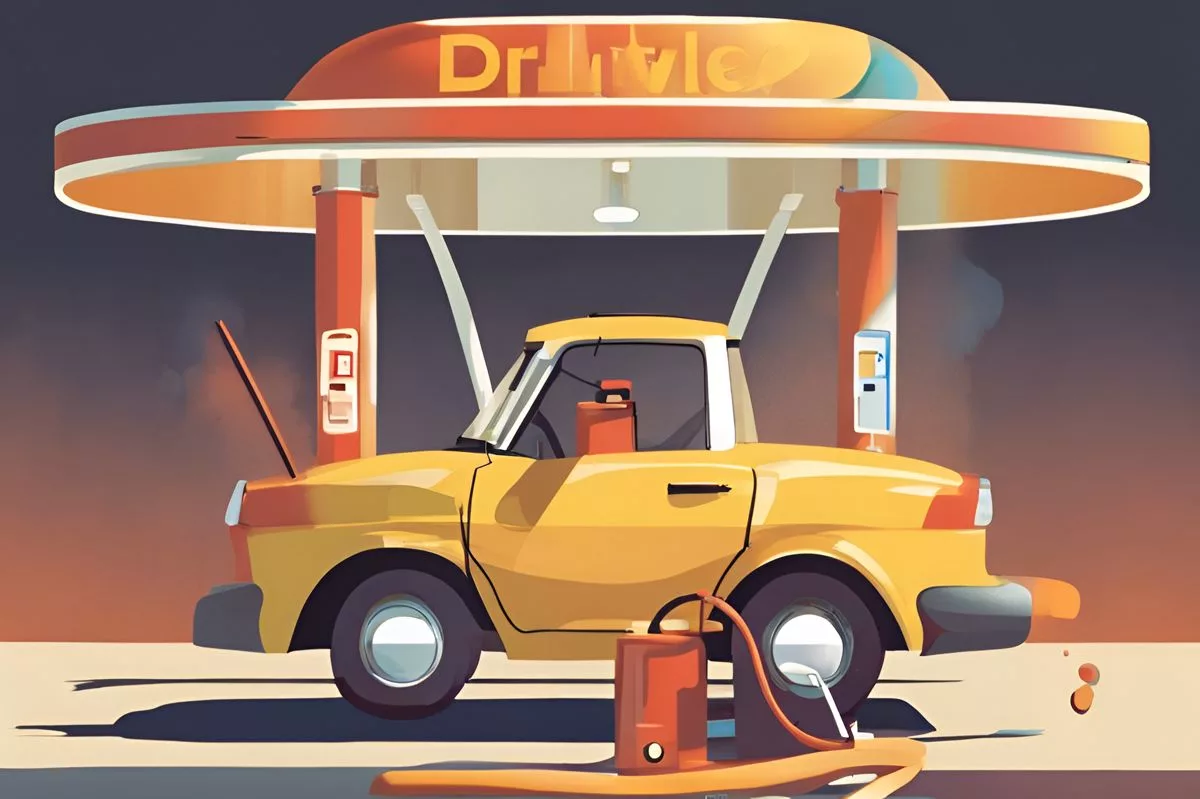Good news for South African motorists as fuel prices are set to decrease from July 3, 2024, with a significant fall in petrol and diesel prices. The decline is largely driven by global trends, including a boost in oil production by non-OPEC countries. The reductions are expected to provide relief for daily commuters and transport businesses, with potential opportunities for affordable car deals in the market. Overall, the recent fuel price adjustments present a unique opportunity for South African motorists to enjoy a more economical commute.
Fuel prices in South Africa are set to decrease starting July 3, 2024, with a significant fall in petrol prices and cutback in diesel prices. This decline follows a trend of over-recoveries in fuel prices all through June. The decrease is largely driven by global trends and economic changes affecting fuel prices, including a boost in oil production by non-OPEC countries. As a result, motorists can anticipate a more economical commute and potentially take advantage of affordable car deals in the market.
Unveiling the Fuel Price Adjustments
Recently, the Department of Mineral Resources and Energy made public the official changes in fuel prices. These adjustments will be implemented starting Wednesday, 3rd July 2024. The announcement follows a positive trend marked by a sequence of over-recoveries in fuel prices all through June. The substantial cuts at petrol stations have indeed been a windfall for car owners across the country.
The significant fall in petrol prices, from 99 cents to R1.05 per litre, along with a cutback in diesel prices between 24 and 30 cents per litre, have given a breath of fresh air to daily commuters and transport businesses. This decline in fuel prices mirrors global trends and economic changes.
Global Trends and Economic Shifts Affecting Fuel Prices
The average Brent Crude oil prices saw a decline during the reviewed period, slipping from 82.98 USD to 82.24 USD per barrel. This change was largely driven by a boost in production by the U.S. and other non-OPEC countries. This increase in production coincides with a phase of sluggish global economic growth, which in combination, have affected fuel prices.
Intriguingly, the global product prices of petrol, which are directly connected to the cost of Brent crude oil, also saw a decline during the period under review. This decrease led to a smaller contribution to the Basic Fuel Price (BFP) of petrol, diesel, and illuminating paraffin by 93.66 – 99.65 c/l, 17.55 – 23.80 c/l, and 16.87 cents per litre respectively.
Economic factors stretch beyond oil production to shape fuel prices. For example, the Rand appreciated slightly against the US Dollar, moving from 18.46 to 18.44 Rand per USD during the period under review. This small, yet important, appreciation resulted in decreased contributions to the Basic Fuel Prices of all products by approximately 1.50 cents per litre.
Pricing Dynamics and the Impact of the Self-Adjusting Slate Levy Mechanism
Remarkably, the Self-Adjusting Slate Levy Mechanism managed to uphold a negative balance for petrol and diesel, resulting in a deficit of R1.15 billion as of the end of May 2024. With this mechanism in action, a slate levy of zero cents per litre will be applicable to the price structures of petrol and diesel, signifying a decrease of 4.38 cents per litre on the prices of both fuels.
The pricing dynamics of different fuel grades also bring forth an intriguing point of view. The pricing regulations determine the Basic Fuels Prices (BFP), with the 95 octane (unleaded) grade acting as the benchmark for pricing. The BFP-differential between 95 and 93 octanes is adjusted on the first Wednesday of each quarter. As a result, the last quarter’s change in the BFP Octane differential led to varying retail prices of 95 and 93 petrol octanes across different fuel-pricing zones.
The Positive Impact of Fuel Price Reductions on Motorists
Following these reductions, motorists can anticipate a more economical commute. Diesel prices reflect wholesale, so pump prices will vary, but the declining trend is projected to persist.
With these recent adjustments, this could be the ideal time to capitalize on car deals under R100,000. This phase of reduced fuel prices presents a unique opportunity for potential car buyers to maximize their investment while relishing the freedom of the open road.
In conclusion, the latest fuel price adjustments seem to be a hopeful development for motorists. While global trends and economic factors continue to influence fuel costs, the current adjustments indicate a period of relief for South African motorists. With these changes, motorists can look forward to enjoying a more affordable commute and potentially taking advantage of affordable car deals in the market.
1. When are the fuel price adjustments going to take effect in South Africa?
The fuel price adjustments are set to take effect on Wednesday, 3rd July 2024.
2. What is the reason behind the decrease in fuel prices in South Africa?
The decrease in fuel prices in South Africa is largely driven by global trends and economic changes affecting fuel prices, including a boost in oil production by non-OPEC countries.
3. What is the impact of the Self-Adjusting Slate Levy Mechanism on fuel prices?
The Self-Adjusting Slate Levy Mechanism managed to uphold a negative balance for petrol and diesel, resulting in a deficit of R1.15 billion as of the end of May 2024. With this mechanism in action, a slate levy of zero cents per litre will be applicable to the price structures of petrol and diesel, signifying a decrease of 4.38 cents per litre on the prices of both fuels.
4. What is the impact of fuel price reductions on motorists in South Africa?
Following these reductions, motorists can anticipate a more economical commute. Diesel prices reflect wholesale, so pump prices will vary, but the declining trend is projected to persist. With these recent adjustments, this could be the ideal time to capitalize on car deals under R100,000.
5. How are the fuel prices in South Africa affected by global trends and economic shifts?
The average Brent Crude oil prices saw a decline during the reviewed period, slipping from 82.98 USD to 82.24 USD per barrel. This change was largely driven by a boost in production by the U.S. and other non-OPEC countries. Economic factors such as the appreciation of Rand against the US Dollar also play a role in shaping fuel prices.
6. How are the pricing dynamics of different fuel grades determined in South Africa?
The pricing regulations determine the Basic Fuels Prices (BFP), with the 95 octane (unleaded) grade acting as the benchmark for pricing. The BFP-differential between 95 and 93 octanes is adjusted on the first Wednesday of each quarter. As a result, the last quarter’s change in the BFP Octane differential led to varying retail prices of 95 and 93 petrol octanes across different fuel-pricing zones.








